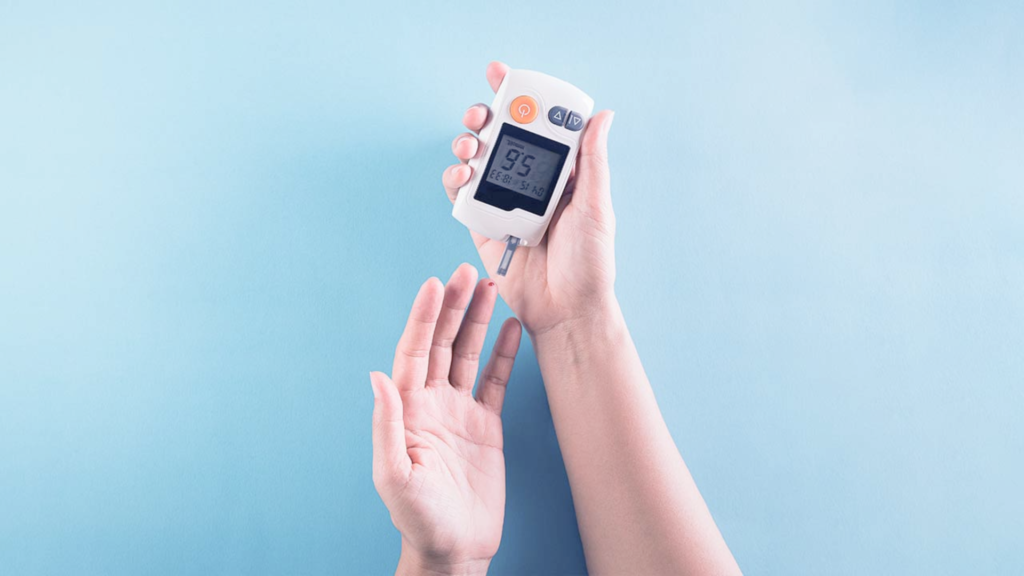Factors That Influence Blood Sugar Balance

Maintaining blood sugar balance is akin to walking a tightrope. It’s precise, it’s delicate, and it’s crucial for your health. A common misconception is that your genes seal your fate with blood sugar. While it’s true that genetics and age play a role, there’s a vast array of factors within your control to help you maintain equilibrium. Genetics and Age: Factors Beyond Your Control It’s inescapable—our genetic makeup and the ticking clock influence our blood sugar balance to a certain degree. These factors can predispose us to potential challenges in maintaining optimal levels. Yet, understanding that lifestyle choices can significantly mediate these innate susceptibilities gives us the power to steer our health destiny in a brighter direction. Factors You Can Control for Blood Sugar Travel Beyond the immutable lie the variables we can influence. Let’s delve into how diet, exercise, stress, hormones, and sleep are pivotal in managing blood sugar levels. Diet The fuel you choose daily is a direct ticket to influencing your blood sugar trajectory. Diets rich in fiber, lean proteins, and healthy fats contribute to more stable blood sugar levels. Foods like leafy greens, whole grains, nuts, and seeds are your allies in this journey. Conversely, refined sugars and high-glycemic carbohydrates are the villains, spiking blood sugar and undermining balance. Exercise Physical activity is a cornerstone of blood sugar management. Not only does it aid in weight control, but it also improves insulin sensitivity. Incorporate a mix of cardiovascular exercise, strength training, and flexibility exercises. Activities like brisk walking, cycling, yoga, and resistance training can make a significant difference. Stress The link between stress and blood sugar is profound. Chronic stress leads to the release of hormones such as cortisol, which can directly affect blood sugar levels. Incorporating stress-reduction techniques like mindfulness, meditation, deep breathing exercises, or even pursuing hobbies can help mitigate this impact. Hormones Hormonal imbalances, particularly insulin resistance, are directly linked to blood sugar imbalances. Lifestyle choices that support hormone balance include regular physical activity, stress management, and a balanced diet. In particular, modest weight loss and reducing intake of sugars and refined carbs can improve the body’s insulin sensitivity. Sleep Never underestimate the power of a good night’s sleep on blood sugar regulation. Lack of sleep can lead to increased stress hormones and weight gain, impacting blood sugar. Establishing a serene bedtime routine, avoiding caffeine and electronic devices before bed, and aiming for 7-9 hours of sleep can help stabilize blood sugar levels. While genetics and age are factors we can’t alter, much of the power to control blood sugar lies within our grasp. By focusing on the areas we can influence—diet, exercise, stress, hormones, and sleep—we can make strides toward achieving better health outcomes. Embrace these changes with open arms and a proactive mindset. Remember, it’s the daily choices that shape our health. Start making those small adjustments today, monitor your progress, and watch how your body responds with gratitude. Book a Discovery Call now and embark on your journey toward a healthier, more vital you!



